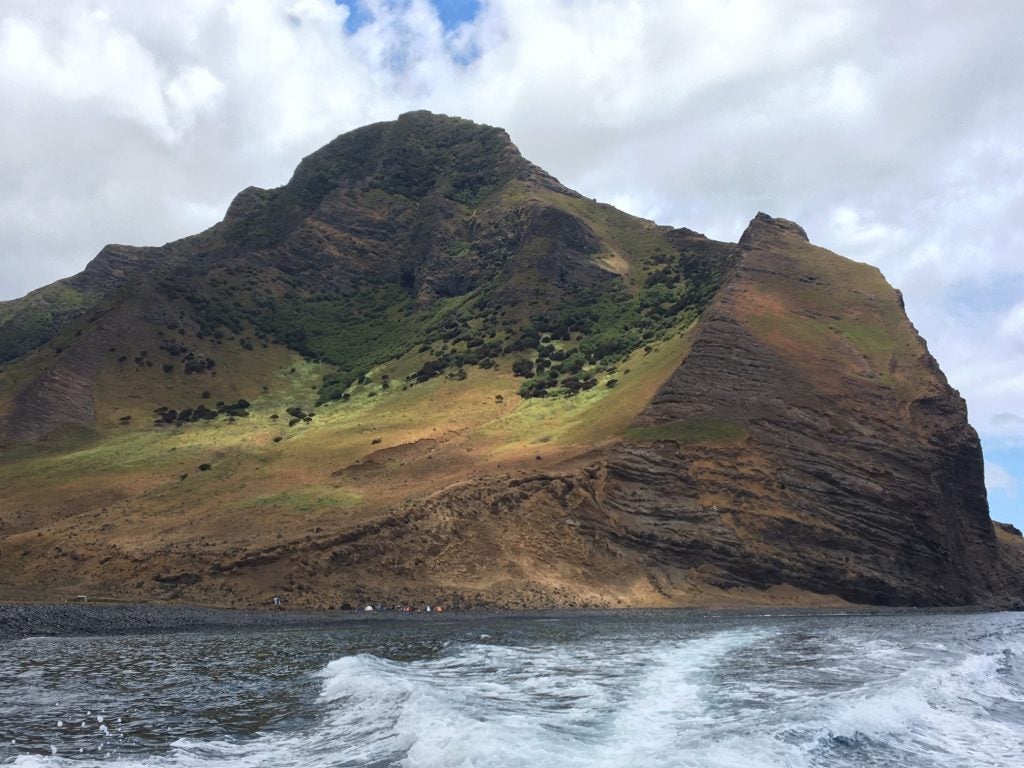 After an hour of flying in a small plane across the Pacific Ocean with no land in sight, we began to wonder how much farther it would be before we would see land again. About two hours into the flight, the peaks of one of the three volcanic islands rose above the local cloud cover, indicating that we were arriving at the Juan Fernández Islands off the coast of Chile. As we got closer, we saw the first and largest of the islands: Robinson Crusoe Island. Read More
After an hour of flying in a small plane across the Pacific Ocean with no land in sight, we began to wonder how much farther it would be before we would see land again. About two hours into the flight, the peaks of one of the three volcanic islands rose above the local cloud cover, indicating that we were arriving at the Juan Fernández Islands off the coast of Chile. As we got closer, we saw the first and largest of the islands: Robinson Crusoe Island. Read More
EDFish
What the people of Chile’s Robinson Crusoe Island can teach us about marine stewardship and resilience
Building a model for collaboration and exchange in the Asia-Pacific region
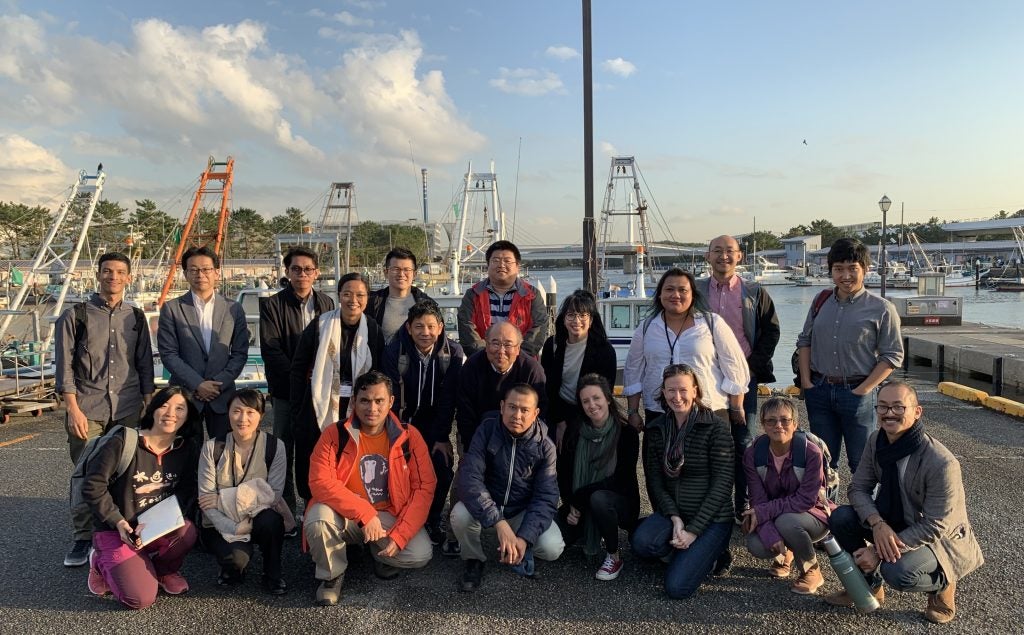
Much of EDF’s work in the Asia-Pacific region has focused on the small-scale fisheries, or SSF, sector — home to some of the most marginalized fishers in the world. These are people who are highly dependent on marine resources for their livelihood, often living in remote, coastal areas with few alternatives for employment. Small-scale fishers are also facing extremely dire threats — in their ability to sustain themselves and continue their way of life — from challenges like species depletion, coastal development, pollution and the growing impacts of climate change. Read More
After the Blue COP: Why 2020 could be the ‘super year’ for the oceans
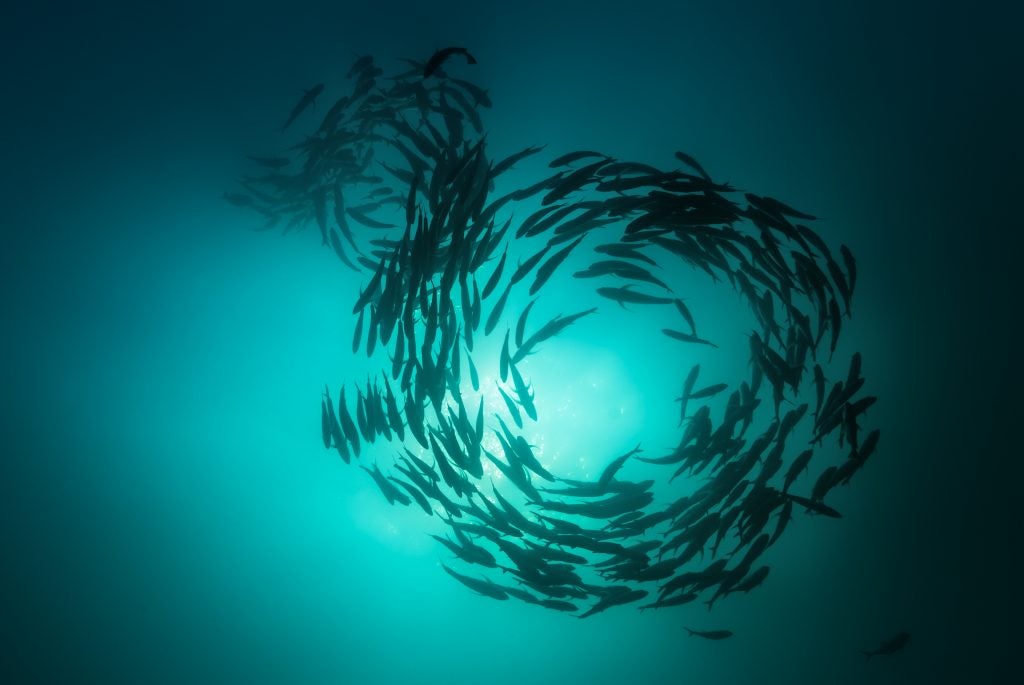 The main focus of the United Nations COP25 in Madrid was squarely on whether and how the nations of the world could agree on the measures necessary to reduce climate change emissions in a comprehensive and forceful fashion. In that regard, COP25 did not live up to expectations nor planetary needs if we are to avert the worst impacts of climate change.
The main focus of the United Nations COP25 in Madrid was squarely on whether and how the nations of the world could agree on the measures necessary to reduce climate change emissions in a comprehensive and forceful fashion. In that regard, COP25 did not live up to expectations nor planetary needs if we are to avert the worst impacts of climate change.
Building fisheries for the future
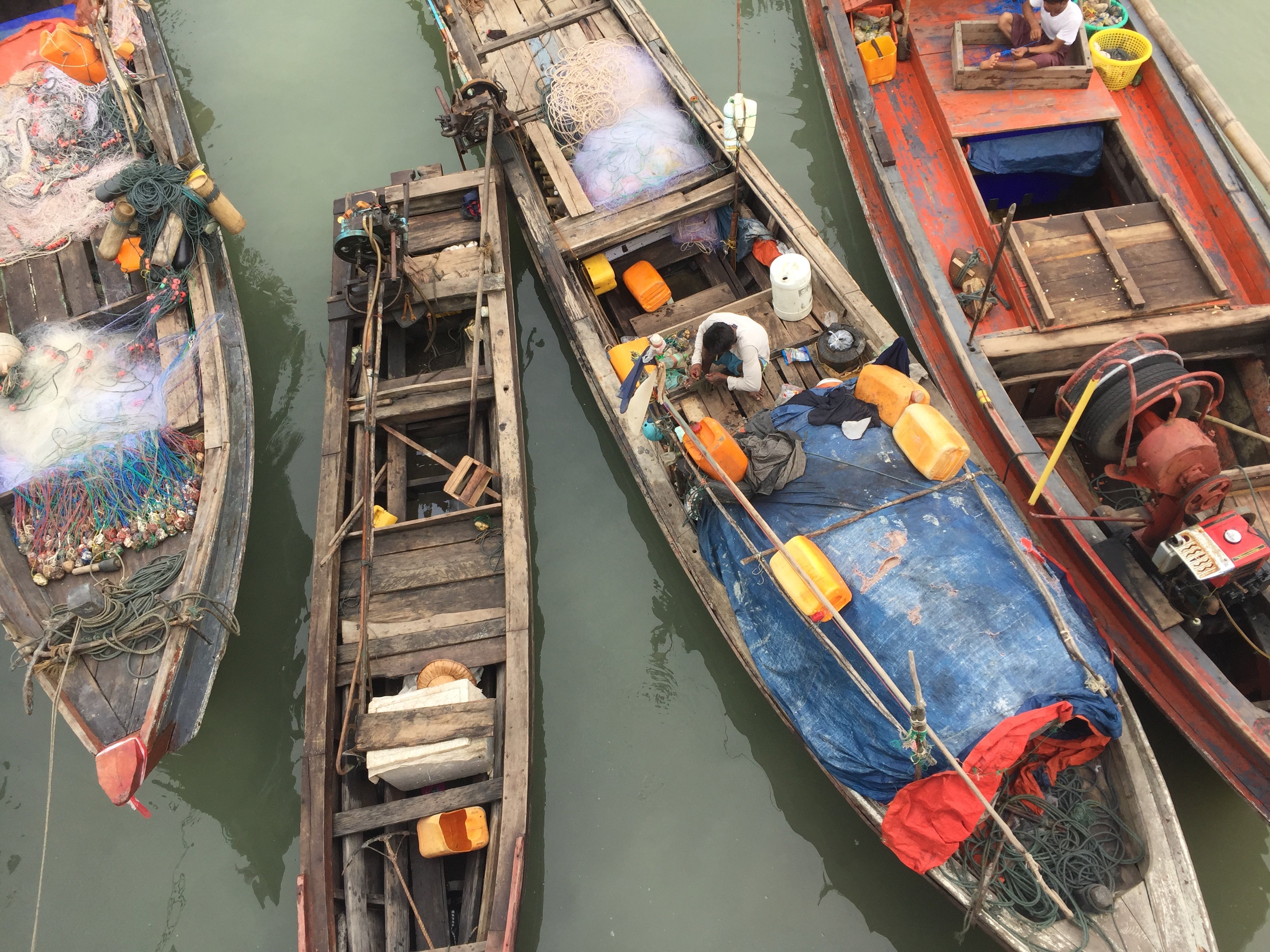 Editor’s note: This is the last in a multi-part blog series, Fisheries for the Future, examining the impacts from climate change on global fisheries and the opportunities to address these emerging challenges. Throughout the series, we have investigated how climate change will impact the world’s supply and distribution of fish and what we can do to ensure the most sustainable future for ourselves and our planet. Learn more about this work: Resilient Seas
Editor’s note: This is the last in a multi-part blog series, Fisheries for the Future, examining the impacts from climate change on global fisheries and the opportunities to address these emerging challenges. Throughout the series, we have investigated how climate change will impact the world’s supply and distribution of fish and what we can do to ensure the most sustainable future for ourselves and our planet. Learn more about this work: Resilient Seas
Climate change is here and can only get worse. This promises to scramble the oceans in ways we do not yet fully understand, and it poses nothing short of an existential risk to marine ecosystems and the people that rely upon them for livelihoods and food security. Yet, the future is not without hope. If we can stem emissions, there is reason to believe that the sea can continue to host abundant and diverse life and support the economic, social and food needs of society. But we must get started now. Read More
The Blue Economy: from principles to practice
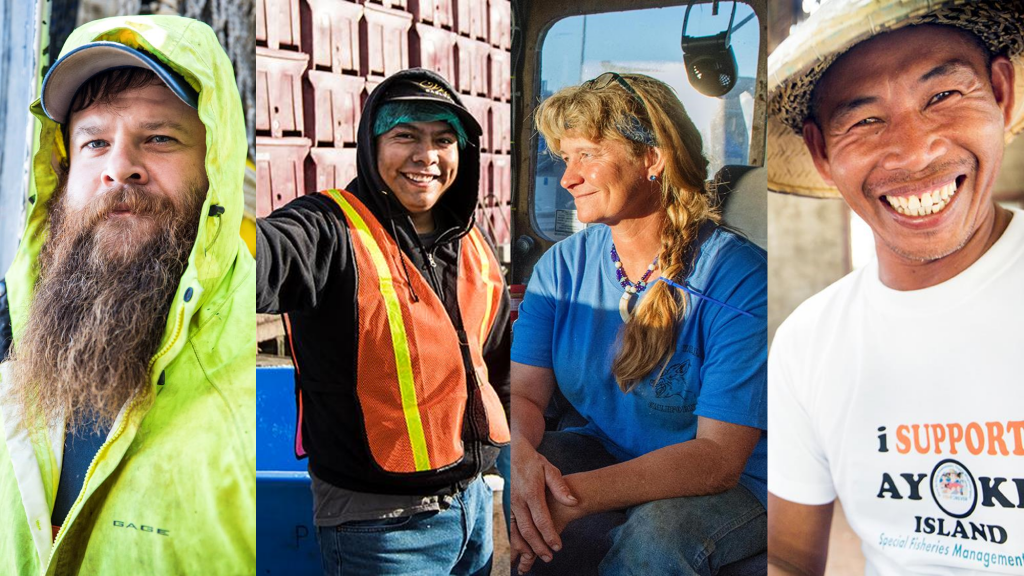 In recent years, investment circles have been abuzz with a bright new shiny object — the “Blue Economy.” Pick an impact investor, development bank or conservation fund out of a hat, and chances are there is a mention of the Blue Economy somewhere on their website. (Although technically, the Blue Economy has existed ever since humans began engaging in maritime commerce, but that’s another story.) Read More
In recent years, investment circles have been abuzz with a bright new shiny object — the “Blue Economy.” Pick an impact investor, development bank or conservation fund out of a hat, and chances are there is a mention of the Blue Economy somewhere on their website. (Although technically, the Blue Economy has existed ever since humans began engaging in maritime commerce, but that’s another story.) Read More
The return of the blob: How can we help fisheries adapt to warming waters?
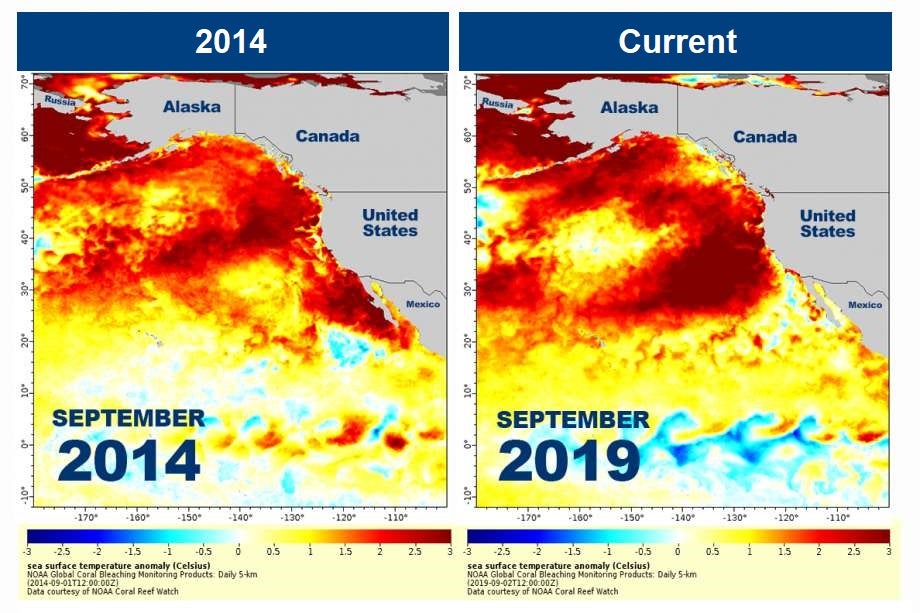 Editor’s note: This is the seventh in a multi-part blog series, Fisheries for the Future, examining the impacts from climate change on global fisheries and the opportunities to address these emerging challenges. Throughout the series, we’ll be investigating how climate change will impact the world’s supply and distribution of fish and what we can do to ensure the most sustainable future for ourselves and our planet. Learn more about this work: Resilient Seas
Editor’s note: This is the seventh in a multi-part blog series, Fisheries for the Future, examining the impacts from climate change on global fisheries and the opportunities to address these emerging challenges. Throughout the series, we’ll be investigating how climate change will impact the world’s supply and distribution of fish and what we can do to ensure the most sustainable future for ourselves and our planet. Learn more about this work: Resilient Seas
There’s a lot we don’t know about how climate change will unfold. Unexpected events will occur, and when they do we will need to adapt and learn from those experiences. Here’s a story about one of these climate surprises: the “warm blob” in the Pacific Ocean. Read More









